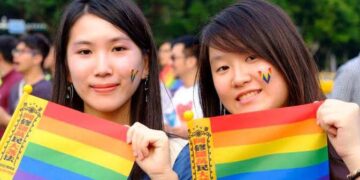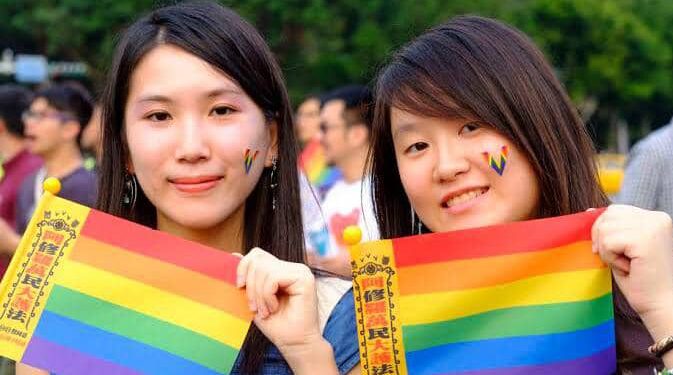By Lucy Adautin
Thailand made history on Tuesday by becoming the first country in Southeast Asia to legalize same-sex marriage, following a landmark parliamentary vote.
The Senate Upper House gave the final approval to changes in the marriage law, allowing same-sex couples to marry, with 130 votes in favor, four against, and 18 abstentions.
The newly passed legislation will be sent to King Maha Vajiralongkorn for royal assent and will come into effect 120 days after being published in the official Royal Gazette.
This move positions Thailand as only the third place in Asia to allow same-sex marriages, following Taiwan and Nepal. Activists are hopeful that the first weddings under the new law could take place as early as October.
“We are very proud of everyone involved in this historic moment. You have helped to bring about a massive change,” said Plaifah Kyoka Shodladd, an LGBTQ activist and member of the committee that reviewed the law, addressing the senators after the vote.
Before the parliamentary vote, Tunyawaj Kamolwongwat, a Member of Parliament from the progressive Move Forward Party, described the change in the marriage law as “a victory for the people.” The new legislation amends references to “men,” “women,” “husbands,” and “wives” in marriage laws to gender-neutral terms.
The law also grants same-sex couples the same rights as heterosexual couples regarding adoption and inheritance. “My partner has one boy, and I want to have legal rights to formally adopt him as my child and to have a say about his well-being. This bill will allow it,” said Kevin Pehthai Thanomkhet, 30.
Prime Minister Srettha Thavisin, who has been a strong advocate for the LGBTQ community and the bill, plans to open his official residence to activists and supporters for celebrations.
Tuesday’s vote marks the culmination of years of campaigning and repeated attempts to pass equal marriage laws. Although the move has popular support, much of Buddhist-majority Thailand still holds traditional and conservative values. LGBTQ people, despite their visibility, report facing barriers and discrimination in daily life.
Some activists have criticized the new laws for not recognizing transgender and non-binary individuals, who will still be unable to change their gender on official identity documents.




































